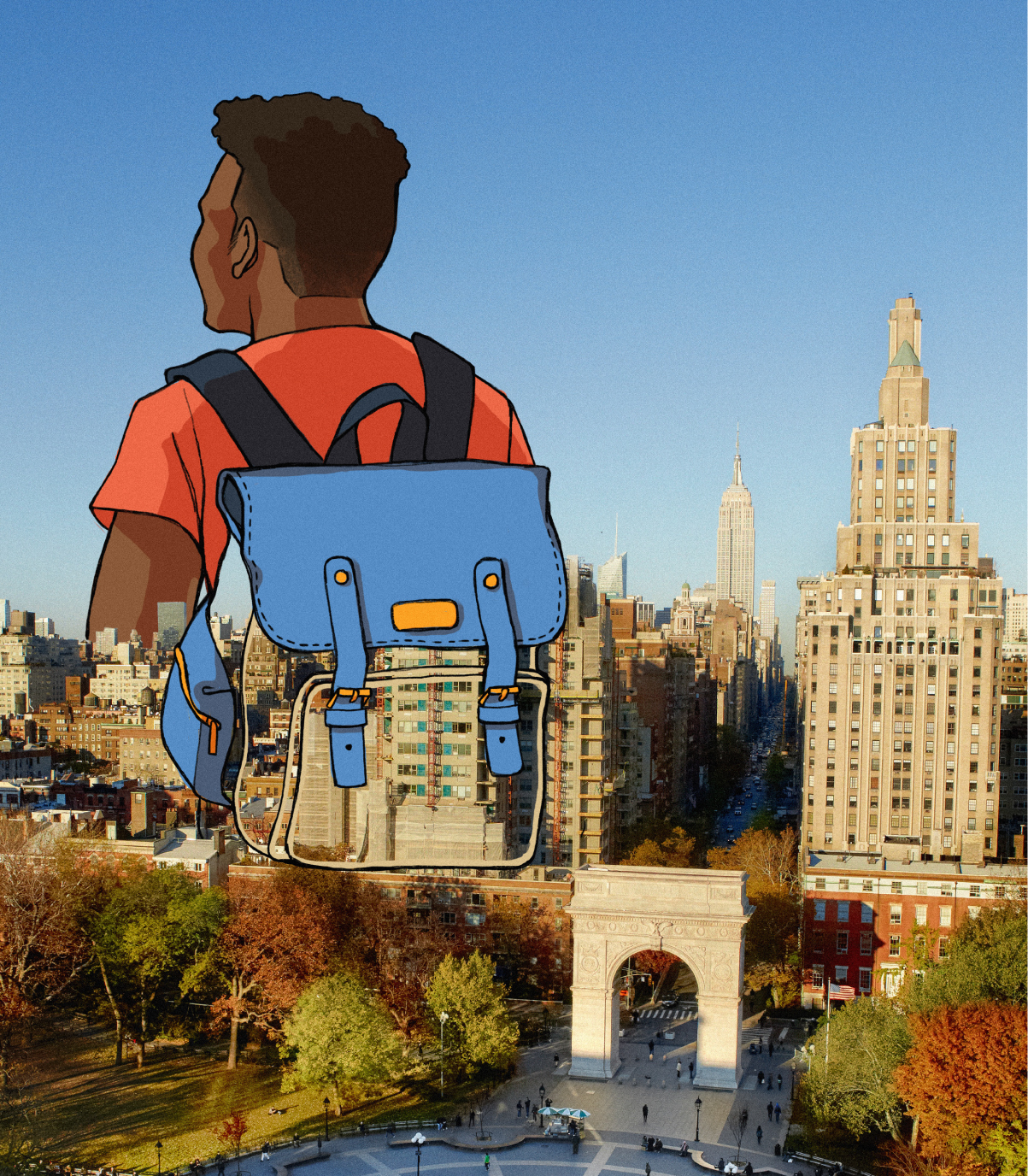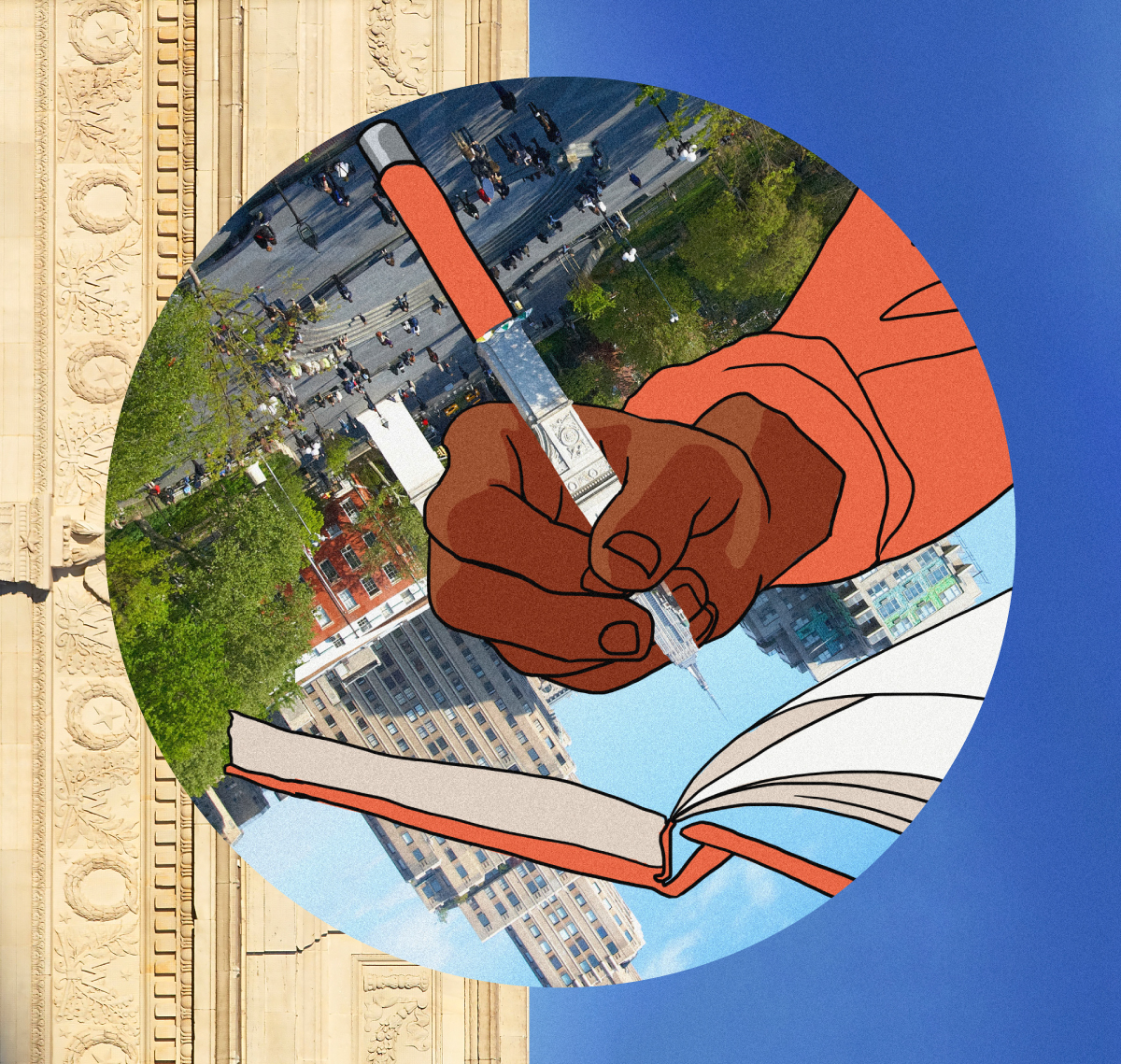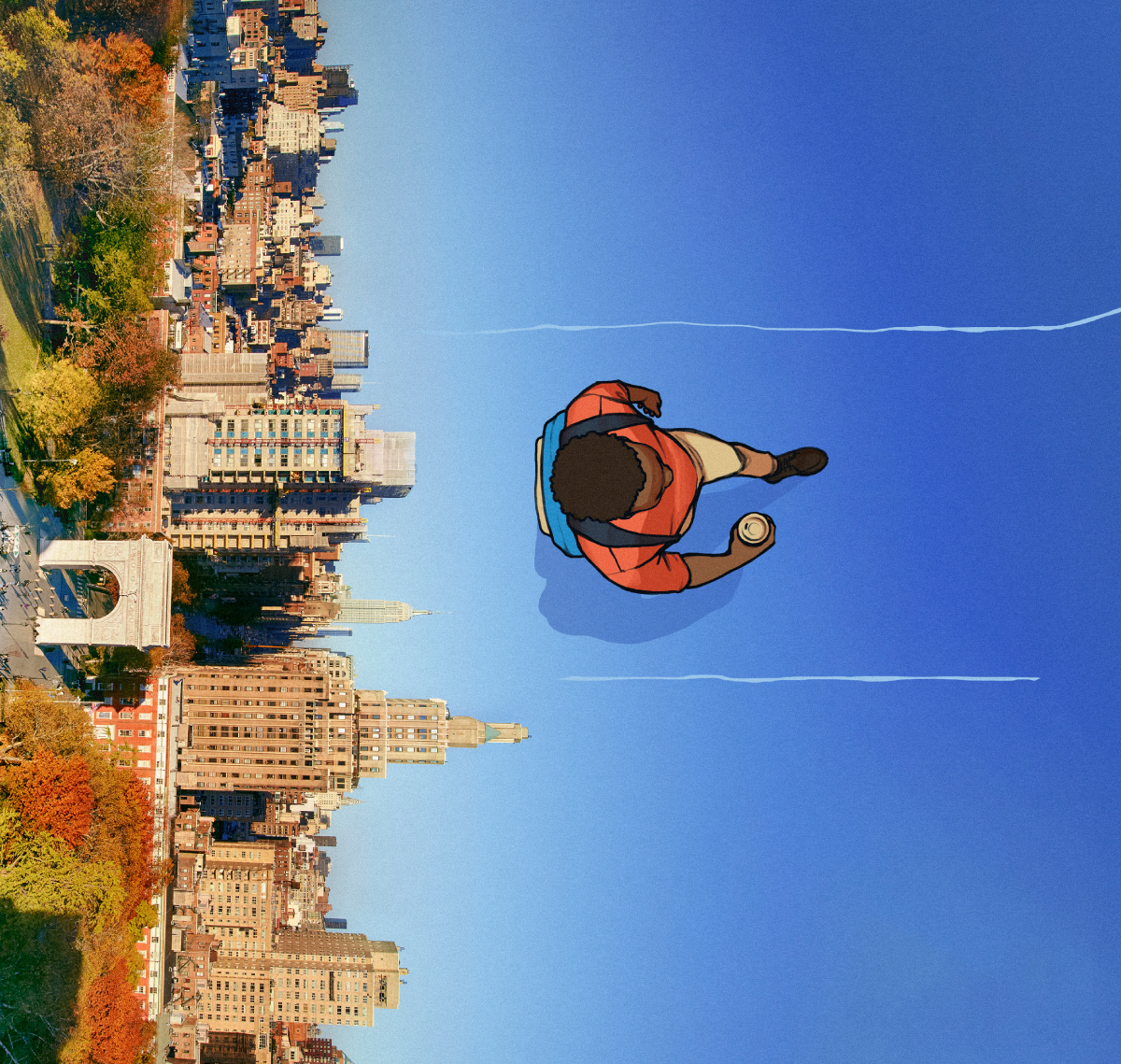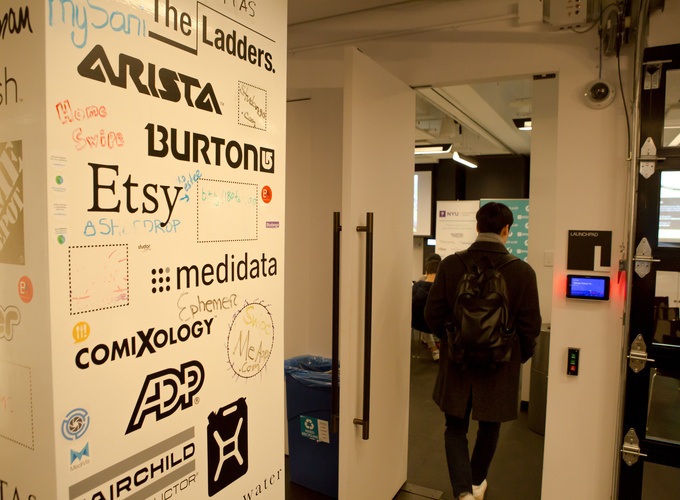
Across NYU’s humanities program, students explore the intersections of dynamic global disciplines. From literature, politics, and anthropology to language, cinema, and history. At the same time, they build valuable job skills, such as critical thinking and problem-solving. And upon closer inspection, the humanities reveals enriching subjects and broad career opportunities.
What Are the Humanities?
“The term ‘humanities’ designates an array of thought about, research into, and creative reflection on all forms of the human experience,” says Jay Mueller, a humanities professor and administrator in the Office of the Dean for Humanities and Social Science. “What does it mean to be a human? What might be the best kind of human life? And what responsibilities should humans assume in their relationship with other humans and, increasingly, the nonhuman world?”
Inspired by these questions, NYU humanities students seek answers through different lenses. They can investigate big questions with majors like Philosophy, History, and Religious Studies. Or they can explore the arts by studying comparative literature, art history, or cinema studies. Moreover, those interested in diving into languages and cultures can major in Irish Studies or Africana Studies—among many other options.
What’s more, even science, technology, engineering, and mathematics (STEM) students can benefit from a humanities perspective. For instance, Tandon School of Engineering students can complete their general education humanities requirements at other NYU schools. And if that’s not enough, they can pair their STEM studies with an English minor.

Skills That Never Expire
There’s an outdated myth that a humanities education leads to fewer job prospects postgraduation. In fact, according to InsideHigherEd.com, humanities students have competitive employment rates and high job satisfaction. “The humanities are a great foundation of coursework. Students can go into many industries and keep their options open to move into a variety of fields,” affirms Nia Beresford, undergraduate career development manager at the NYU Wasserman Center for Career Development. Those fields include business, communication, education, law, medicine, and politics.
In addition, a humanities education enriches any student’s career path by instilling “soft” skills. These are essential skills such as communication, creativity, flexibility, critical thinking, and understanding different cultural perspectives. “Most employers want to hire versatile, creative thinkers who can maintain focus and flexibility through complicated processes,” Mueller says. What’s more, these skills help students make connections, evaluate information, and adapt to any situation. And they’re particularly useful in evolving work environments. “Humanities courses not only teach students how to learn and adapt and appreciate the joy of discovery, but how to appreciate the joy of searching,” Mueller adds.
A Setting Steeped in Culture
In many ways New York City is the ultimate humanities classroom. Rafael Torre de Silva, who hails from Madrid, Spain, is a senior Classics major at the College of Arts and Science. “To me, New York City is equivalent to 19th-century Paris, the emperors’ Rome, and Athens in the 5th century BC,” Rafael says. “NYU is at the heart of modern civilization. So it is a place where humanities students can transcend all cultural differences to truly get to the essence of beauty and humanity.”
At NYU, you have countless opportunities to connect what happens in the classroom with experiences throughout the city. For example, you can visit world-class museums, attend renowned theatres and concert venues, and engage with the city’s myriad language communities and cultures. Chances to explore are everywhere.

Equip Yourself for Success
As an NYU humanities student, you can access a wide range of career services. For example, at the Wasserman Center, you can explore potential careers with a number of on-demand resources:
- Handshake, where students and alumni can access listings for jobs and internships
- Career Explorer Assessment, a career test for exploring the many paths humanities (and other) students can pursue
- Firsthand, which allows students to view industry research, company rankings, and advice
- Violet Network, a mentoring and networking platform that connects current students with NYU humanities alumni to learn about their career journeys
Once you’re ready to start applying for jobs, you can take advantage of humanities-focused events and workshops. Topics range from how to market your major and write résumés and cover letters to how to network and interview. “Wasserman Center career coaches can help students craft strong descriptions that highlight their transferable skills,” Beresford says.
Lifelong Benefits
For Rafael, the lasting relationships he’s formed are part of the value of his humanities education. “The University offers a diverse cohort of students and an amazing group of professors who are genuinely committed to the development of your intellectual life and your growth as a person—not just as a student,” he says. Therefore, he encourages new NYU humanities students to forge relationships with their professors by asking questions, seeking advice, or saying hi outside of class.
Beyond strengthening your relationships with other people, studying the humanities deepens your relationship with the world around you. “One of the goals of a humanities education is to maximize a student’s ability to engage with, understand, appreciate, and respond to all products of human creativity,” Mueller says. He imagines what navigating the COVID-19 lockdown would have been like without music, movies, literature, or art. “For many, the value of a humanities degree is a lasting enrichment of one’s own experience in and of the world.”



